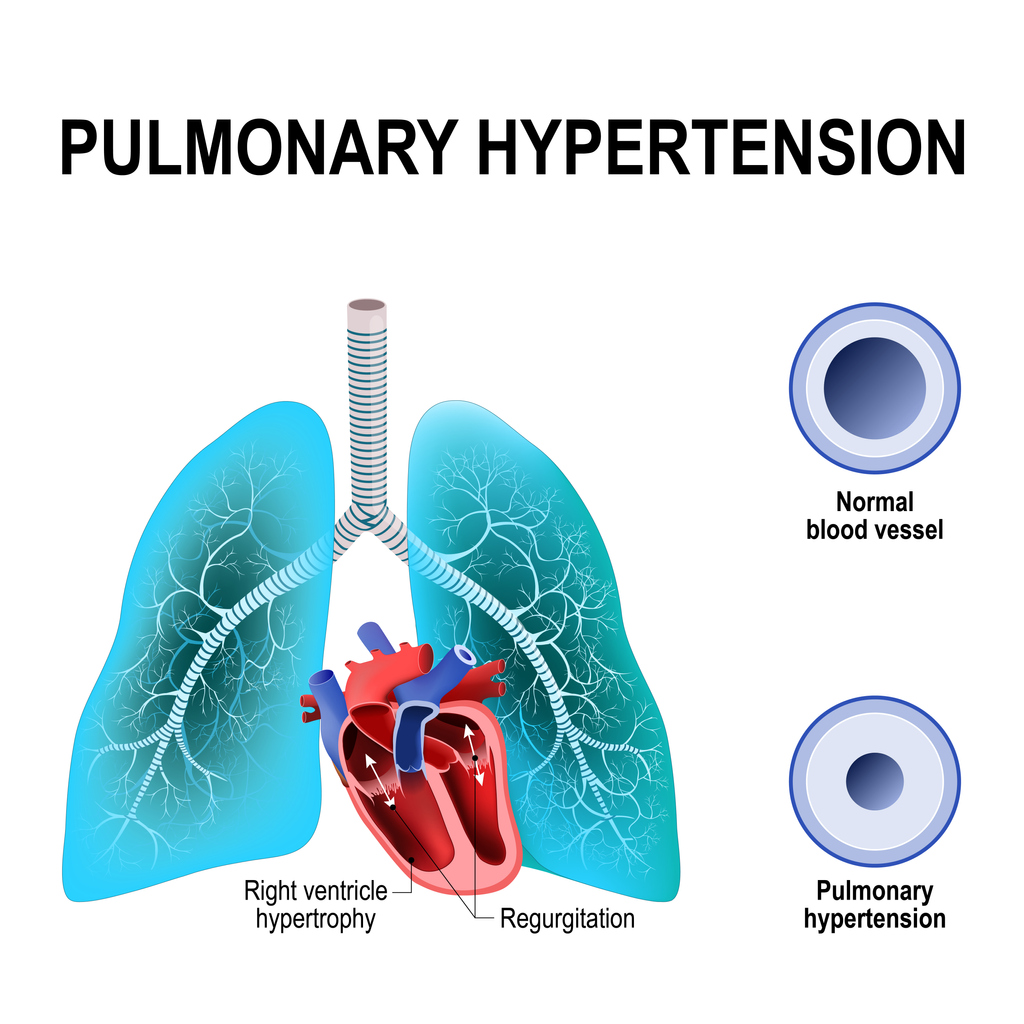2024-02-07
Pulmonary hypertension: an animal model for better study
Cardiology and Vascular Medicine
Pulmonary hypertension is a progressive pathology involving remodeling of the pulmonary vasculature and elevated pulmonary arterial pressure, leading to right heart failure. In this study, researchers demonstrated enzymatic and cellular mechanisms capable of inducing progression of pulmonary hypertension in mice, in a manner similar to its evolution in humans. Their results define a new mouse model of the disease, which was previously lacking. This model could prove useful in gaining a better understanding of the mechanisms involved in disease progression, and in identifying potential new therapeutic targets to explore.

Last press reviews
Birch allergy: could one shot change everything?

#AllergicRhinoconjunctivitis #IgG4 #Allergoid #BirchPollen #Immunotherap...
Allergies: could the gut hold the key?

#SeasonalAllergicRhinitis #Probiotics #Prebiotics #GutMicrobiota...
Parkinson’s disease: bone health shouldn’t be overlooked

#ParkinsonsDisease #Osteoporosis #FractureRisk #FRAX #Prevention...